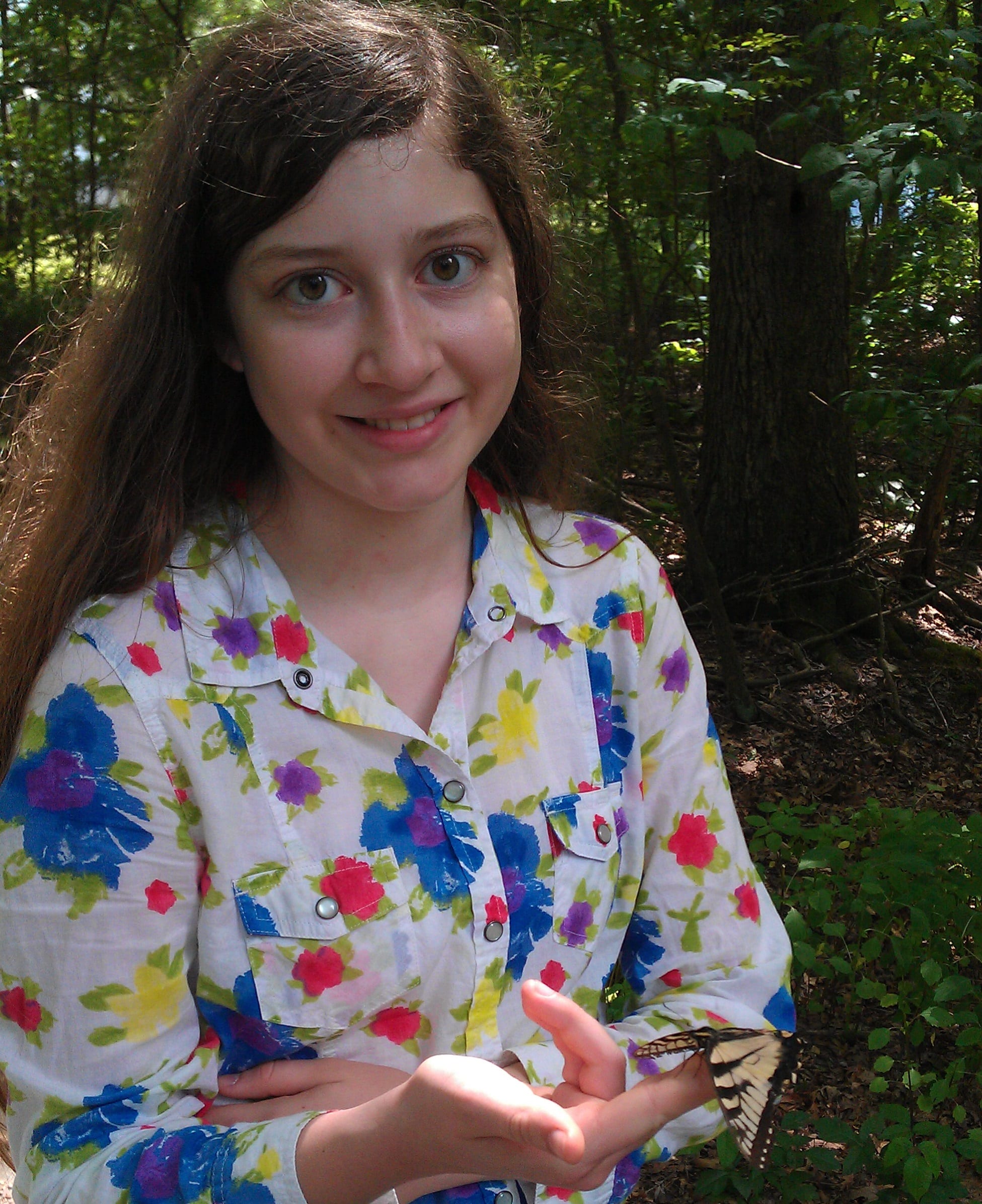What is it with humans and music? We sing our babies to sleep and compose endless cascades of love songs. We get melodies involuntarily wedged in our heads. We spontaneously break into song in the shower, hum while cooking, sing in the rain, and whistle in the dark.
Yet despite our collective obsession with music, the phenomenon remains as mysterious as it is ubiquitous. Music is both precisely mathematical and utterly subjective. No two people hear it the same way, yet it is universally present in virtually every known culture. What's more, while the oldest discovered instruments suggest music dates back to prehistoric times, it isn't, strictly speaking, necessary for survival. Steven Pinker, head of MIT's evolutionary psychology department, goes so far as to call it “auditory cheesecake;†he argues that our affinity for music (like our taste for cheesecake) is simply a side effect of more vital instincts. “Music could vanish from our species,†he claims, “and the rest of our lifestyle would be virtually unchanged.â€
Yet those who devote their life to the creation and study of music know our melodies run deeper than mere misplaced instincts. An ever-growing body of scientific research is echoing what they've understood all along- and making the idea of music as non-caloric, neurological dessert harder and harder to swallow.

One of the most celebrated aspects of music, for example, is its ability to communicate emotion, acting almost as a language of feelings rather than words. Psychologists have found music to facilitate everything from the development of empathy in young children to feelings of social cohesion and altruism between strangers. One study highlighted music's role as an “empathetic friend,†noting a tendency to reach for songs that echo our feelings in times of grief or heartache.
Given music's way of pulling us together, it's not surprising that oxytocin, a neurotransmitter famous for its role in bonding between humans, floods our systems when we sing, play, or listen to music. In fact, listening to music causes areas of the brain associated with theory of mind (the ability to place oneself in another's shoes) to light up on fMRI scans.
These scans include an important caveat: if we are told a computer composed the song, the same region remains dark. In other words, humanity is an essential component of our musicality.

It is ironic, then, how computer-composer EMI highlights this human element so well. Programmed by professional composer David Cope in a bout of writer's block, EMI can analyze the work of any famous composer and produce an “original†piece imitating their style. While most purely A.I.-generated tunes are pretty strange, EMI's work astounded experts and classical enthusiasts, many of whom had trouble distinguishing EMI's work from that of the musician who inspired it.
Clearly, music is not just a random cocktail of sounds that please us. It is unique and idiosyncratic to each musician in such a distinct way that even a program can pick out pieces of a particular composer's “voice.†In an interview with Radiolab, Cope himself emphatically stated, “there is nothing intelligent about my program in the slightest;†EMI simply detects and reprints the musical signatures it finds, scrawled in patterns original only to human beings. Thus, in these brand-new pieces, a composer's fingerprint can be re-traced as easily as a portrait can be redrawn.
In this sense, EMI touches on a deeper side to music's communicative capabilities. Not only does it allow musicians to embed pieces of their identities within their work- it allows those pieces to be both preserved and transformed by those who carry them forward.
Perhaps that's why the songs we weave into our cultural lives- from rock to folk to hymns to hip hop- carry so much of our heritage. Words on paper may provide records of the thoughts and ideas of those who came before us, but as songs are played and replayed, remixed and embellished upon, we make pieces of their creative identity our own.

We may never completely unravel the mystery of music. But maybe, just outside the reach of fMRI scans and neurotransmitter levels, its deepest gravity lies in what we cannot prove: the way a loved one's favorite song brings back pieces of who they were; the way lullabies and slow dances weave together our shared histories; even in the daily joy of singing in the shower.
We could, of course, chalk all this up to a slice of evolutionary cheesecake. But I'd prefer to appreciate the way ordered waves of air bring science and emotion into perfect harmony- with room between the notes to let our humanity shine through.
About the Author
 Rosemary Wills is an undergraduate at UGA majoring in Plant Biology and Science Education. When she's not writing, coding, or spending time with family, she enjoys growing plants in her windowsill and crocheting science-related things. More from Rosemary Wills. Rosemary Wills is an undergraduate at UGA majoring in Plant Biology and Science Education. When she's not writing, coding, or spending time with family, she enjoys growing plants in her windowsill and crocheting science-related things. More from Rosemary Wills. |
About the Author
- athenssciencecafehttps://athensscienceobserver.com/author/athenssciencecafe/April 17, 2020
- athenssciencecafehttps://athensscienceobserver.com/author/athenssciencecafe/April 12, 2020
- athenssciencecafehttps://athensscienceobserver.com/author/athenssciencecafe/April 3, 2020
- athenssciencecafehttps://athensscienceobserver.com/author/athenssciencecafe/March 30, 2020







